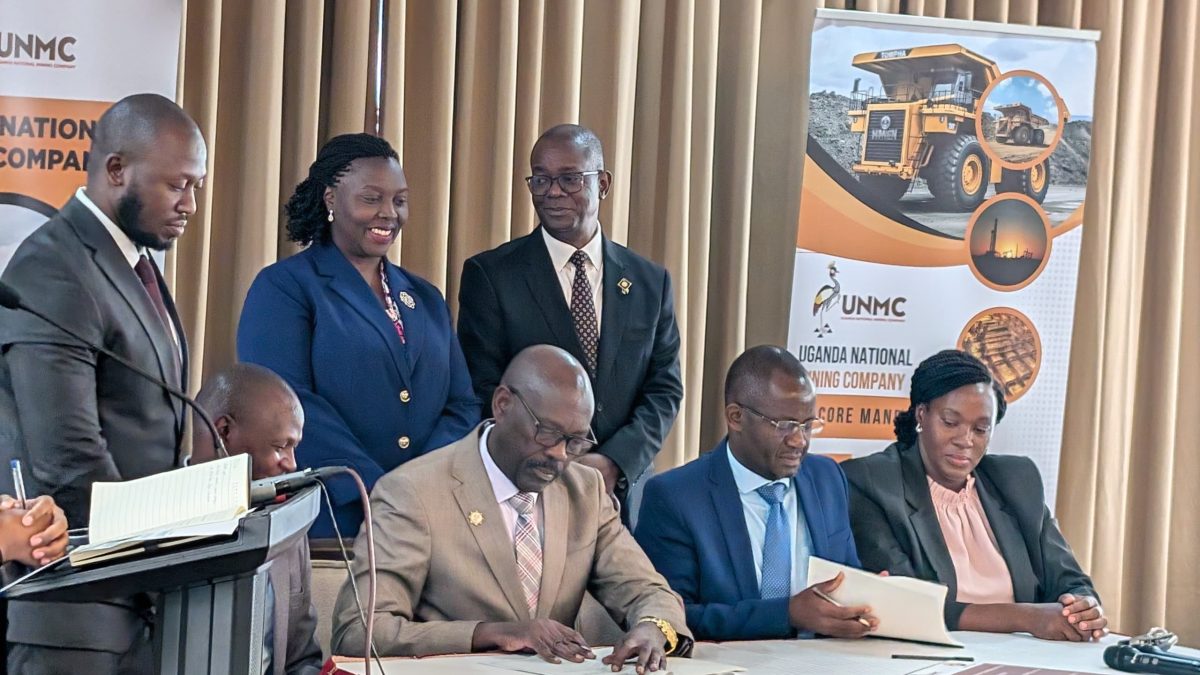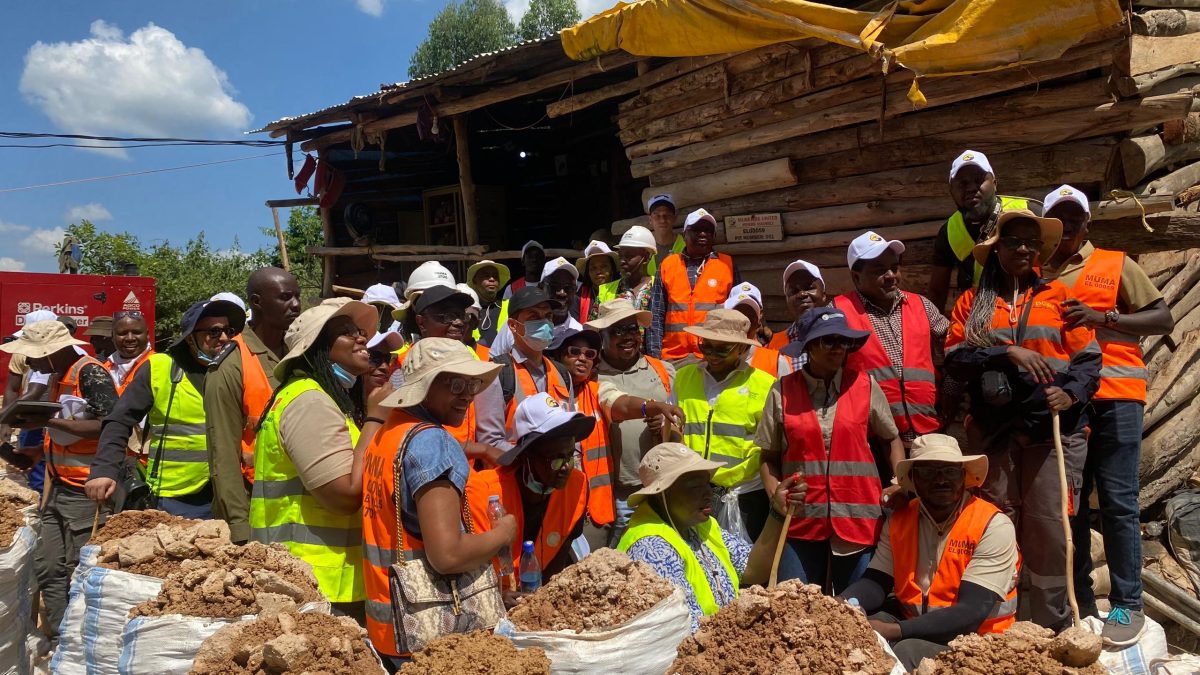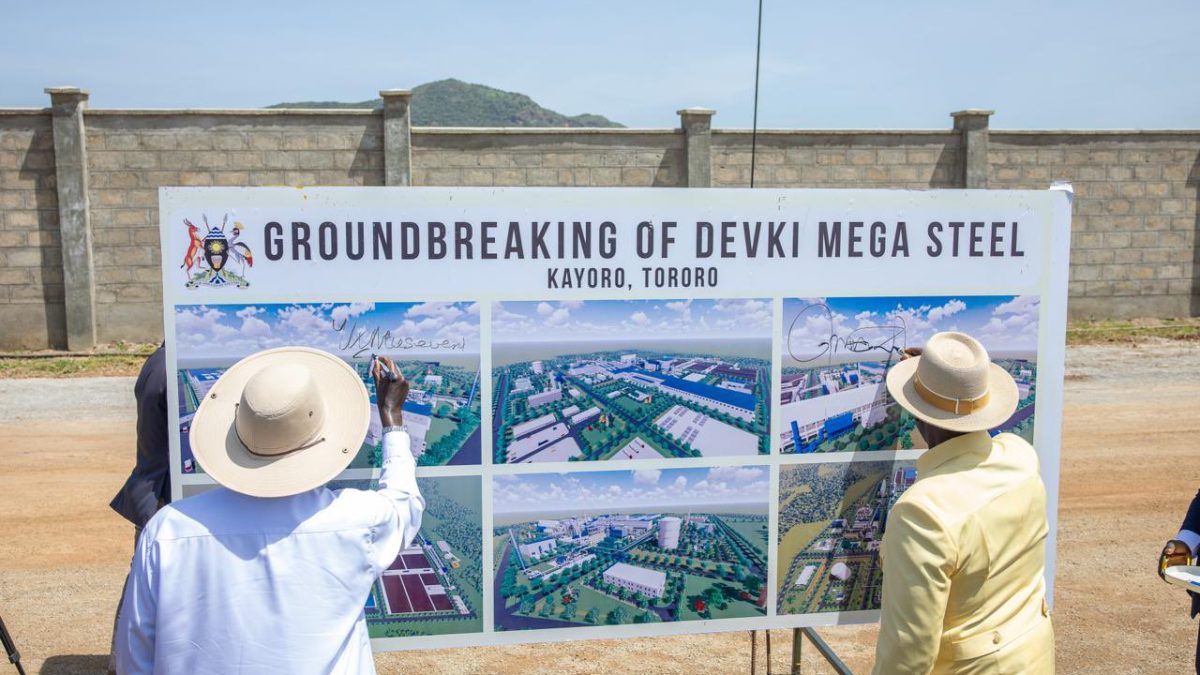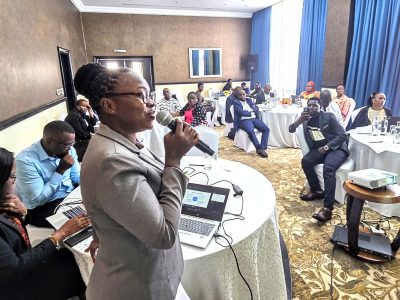
By Kenneth Asiimwe
This story has become a tragic and predictable refrain in Uganda’s and the Great Lakes region’s mineral sector.
An international buyer, lured by the promise of below-market-rate gold and swift, off-the-books deals, arrives in Kampala with a suitcase full of cash.
They bypass licensed brokers, ignore due diligence, and sidestep official export channels to secure a deal in a shadowy hotel room or warehouse.
The result is almost always the same: the gold is fake, the “sellers” vanish, and the buyer is left millions of dollars poorer, pleading for help from authorities whose advice they deliberately ignored or avoided all together.
Uganda and the wider Great Lakes region are grappling with an epidemic of gold scams that drain vast sums of money from the global economy and tarnish the reputation of legitimate mineral trade.
While public sympathy often lies with the “victim,” a deeper examination reveals a more complex truth: these buyers are not merely victims; they are active and willing participants in an illegal scheme.
The prevailing legal response – charging only the scammer with obtaining money by false pretense – treats a symptom while the disease rages on.
It is time for a paradigm shift: to effectively deter this vice, the law must prosecute the scammed for aiding and abetting illegal mineral trade.
Willing Participant
The narrative of the innocent foreigner duped by sophisticated local criminals is largely a myth. In almost every case, the scammed buyer receives prior information on the legal process.
They are aware of the requirement to deal with licensed exporters, to assay gold at government-approved facilities, to obtain export permits from the Directorate of Geological Survey and Mines (DGSM), and to process payments through formal banking channels.
Their decision to bypass this “due process” is a calculated risk.
It is driven by a desire to avoid taxes, bypass export duties, or acquire gold without the necessary paperwork regarding its source – a practice that often implicates conflict minerals.
They knowingly engage in an activity that is illegal under Uganda’s Mining and Minerals Act, believing the potential profit outweighs the risk. In doing so, they are not victims of a simple theft; they are investors in an illicit market whose investment happened to go sour.
The current legal framework creates a perverse incentive structure. When a buyer is scammed, they report the crime to the police. The police, if successful, arrest the scammer for obtaining money by false pretense. The buyer, meanwhile, is treated as a witness, not a co-conspirator.
This approach has two major flaws, however.
First, it promotes a culture of impunity among buyers by signaling that while there is a risk of being scammed, there is no legal risk in attempting to engage in illegal trade itself. A buyer can repeatedly try to break the law and only face consequences if the deal turns out to be fraudulent, rather than if it succeeds. This emboldens and sustains illicit demand.
Second, it is logistically futile. By the time a scam is reported, the money is usually long gone – often untraceable and dispersed across complex networks. Recovering the funds becomes nearly impossible, allowing the cycle to continue with a new set of actors.
The principle of “aiding and abetting” is well-established in international law. It holds that an individual who knowingly facilitates or enables a crime is themselves criminally liable.
Applying this principle to gold scams would be a game-changer.
If a buyer willfully transfers a large sum of money for an illegal mineral transaction outside of regulated channels, they are directly aiding and abetting the crime of illicit trading. Their actions provide the financial fuel for the entire criminal enterprise.
Incredibly, it is even alleged that in some cases the fake-gold seller and buyer already know each other, and the buyer – having pooled money from friends or partners abroad – pretends to be scammed in Uganda.
After reporting the “loss” to police and the media, he later splits the supposedly lost funds with the seller once the dust has settled. But that is a whole other tale, to be told another day.
Importantly, charging these buyers would create a powerful and necessary deterrent. The calculation for a prospective buyer would shift dramatically. Instead of weighing only the risk of being scammed, they would now have to weigh the certainty of facing serious legal repercussions – fines, asset forfeiture, and even imprisonment – simply for attempting the illegal deal, regardless of its outcome.
This is not a call to abandon the prosecution of scammers. They are criminals who must face the full force of the law. Rather, it is an argument for a symmetrical application of justice.
Targeted Prosecution
Authorities should investigate not just the fraud, but the nature of the intended transaction itself.
Scammers should be charged with fraud, while willing buyers are charged with violations of the Mining and Minerals Act – for attempting to engage in unlicensed trade and for aiding and abetting illicit activity.
This framework could allow for plea deals where buyers provide evidence against criminal networks in exchange for reduced sentences, thereby strengthening cases against kingpins.
Uganda’s mineral wealth is a national asset that must be managed transparently and legally. The current scourge of scams is a direct by-product of an illicit market that thrives on complicity from both supply and demand sides.
By refusing to distinguish between the scammer and the scammed when both are knee-deep in illegality, the justice system can finally break this cycle.
Prosecuting the complicit buyer is not about punishing victims; it is about recognizing that the most effective way to kill a black market is to criminalize its customers.
It is a tough but necessary step to protect the integrity of Uganda’s economy, ensure responsible sourcing, and restore legitimacy to a critical sector.
The message must be clear: if you attempt to trade illegally, you are not a victim – you are an accomplice.
The writer, is the CEO, Uganda Association of Artisanal and Small Scale Miners (UGAASM). Email: kenasiimwe@gmail.com









